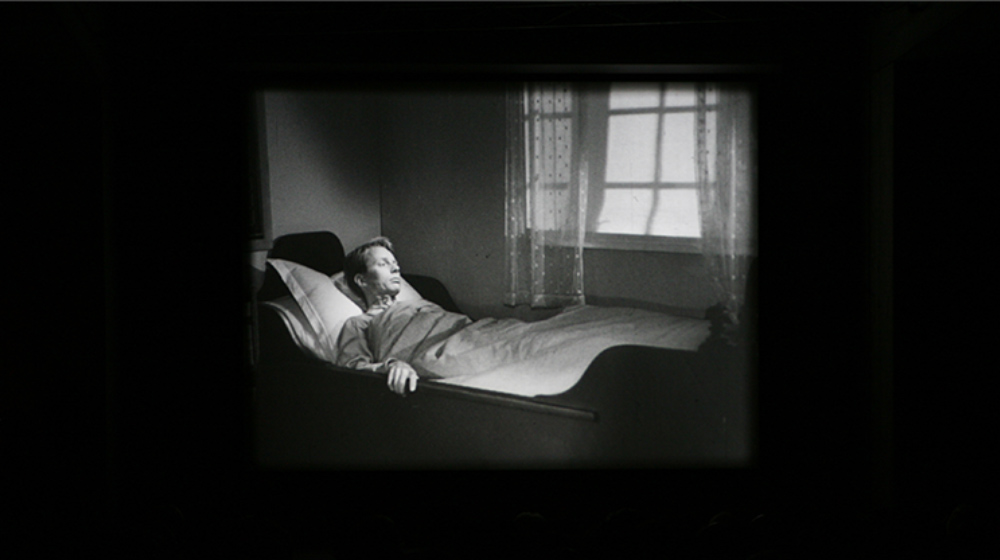In 1910, after a working in a number of office jobs, Dreyer became a newspaper reporter, specialising in aviation, and he qualified as a balloon pilot. He also wrote irreverent articles about the celebrities of the time.
In 1911, he married Ebba Larsen. They had a daughter, Gunni, in 1913, and a son, Erik, in 1923.
In 1912 Dreyer sold his first film script and the following year was hired by Nordisk Films Kompagni, where he worked as a script consultant and writer, and film editor.
While at Nordisk, Dreyer made his debut as a film director with The President ( Præsidenten ), which premiered in 1919. Between then and 1926, he made a further seven films for Danish, Swedish, German, and Norwegian companies. He was very successful in Denmark with Once upon a Time ( Der var engang , 1922) and in France with Master of the House ( Du Skal Ære Din Hustru , 1925).
In 1927 he made his most ambitious film, La Passion de Jeanne d'Arc , in France. The premiere took place the following year, but it did not receive the expected acclaim. In 1930 he made his first 'talkie', Vampyr, with funding from a wealthy patron. After extensive work on the film soundtrack, it premiered in 1932.
Dreyer's film career ground to a halt and he was forced to earn a living as a law reporter for the Berlingske Tidende newspaper. In 1940 his friend, Ebbe Neergaard published the first book about him, Carl Theodor Dreyer: A Film Director's Work .
In 1942 Dreyer returned to film-making after a 10-year break. Following the premiere of Day of Wrath ( Vredens Dag ) in 1943, Dreyer travelled to Sweden where he made another film, Two people ( Två månniskor , 1945). In the years following the occupation he directed a number of short films; at the same time he was working on his epic work about Jesus, which never came to fruition.
In 1952 Dreyer was awarded a state grant to direct the Dagmar Cinema in Copenhagen; the income from this brought him financial security until his death.
At the Venice film festival in 1955, Dreyer was awarded first prize for his film The Word ( Ordet ), which became a major success. His last film, Gertrud (1964) was highly controversial, but won the Danish Bodil prize as the year's best film.
Carl Theodor Dreyer died on 20th March 1968. He was buried at Frederiksberg Kirkegård in Copenhagen.
